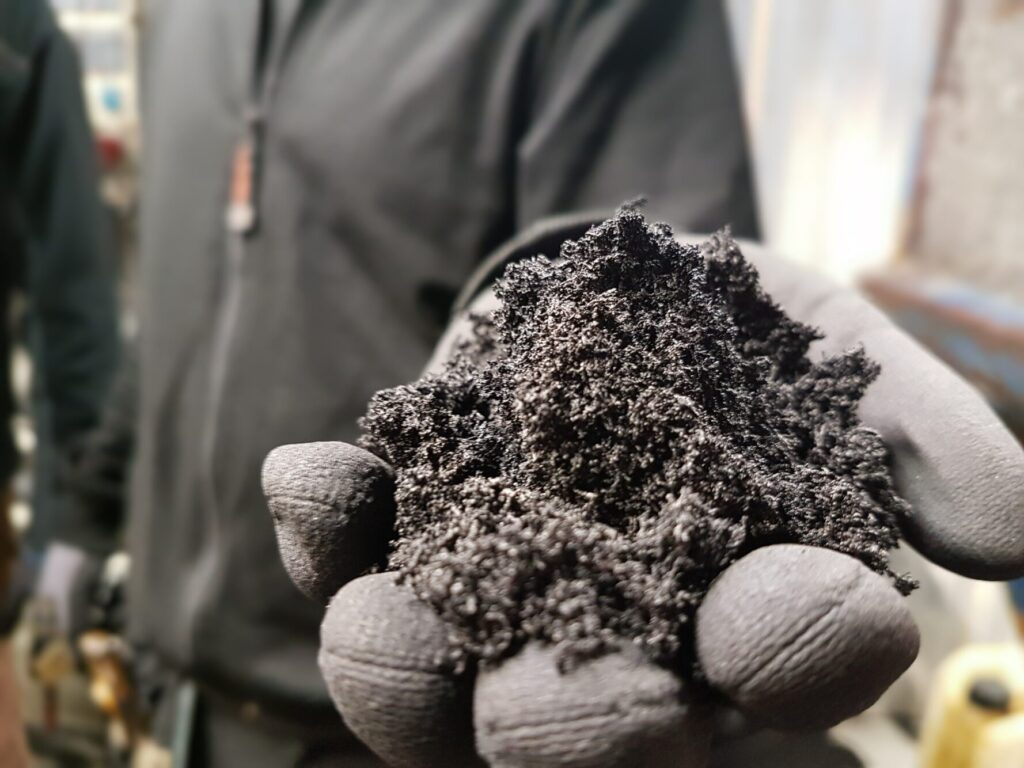
The interest and buzz around biochar is growing. The Guardian is writing about it, the city of Stockholm has implemented it within the garden waste handling system, it is used for animal feed, as well as to fertilize zoos, the steel industry want to use it to replace fossil coal. The extremely large surface area of the biochar is often compared with soccer fields, but now it is even used for soccer fields.
Standards and certificates are also being implemented, such as the International Biochar Initiative and European Biochar Certificate to structure the industry and certify the products on the market.
One reason why the interest for biochar comes now is the carbon sink effect as a mean to fight climate change. This implies questions regarding the future impact of biochar as a CCSU (carbon capture storage and utilization) method. Biochar stores carbon (not CO2 as in CO2 harvesting, where also the 2/3 oxygen needs to be stored), avoiding CO2 being released and properly used, the biochar increase the amount of CO2 harvesters being introduced (increased yields of crops and trees).
Will we see even more incentives around this? Some actors suggest a premium or tariff to produce or use biochar as a complement to a CO2 tax and ETS system, how would such future policy impact industry?
How does this relate to Meva Energy one might think? Biochar is a by-product from the renewable gas production, learn more here. Using the biochar properly will result in a carbon sink and not only reducing the CO2 emissions to zero, but also negative!
Contact us if you want to know more about this.
